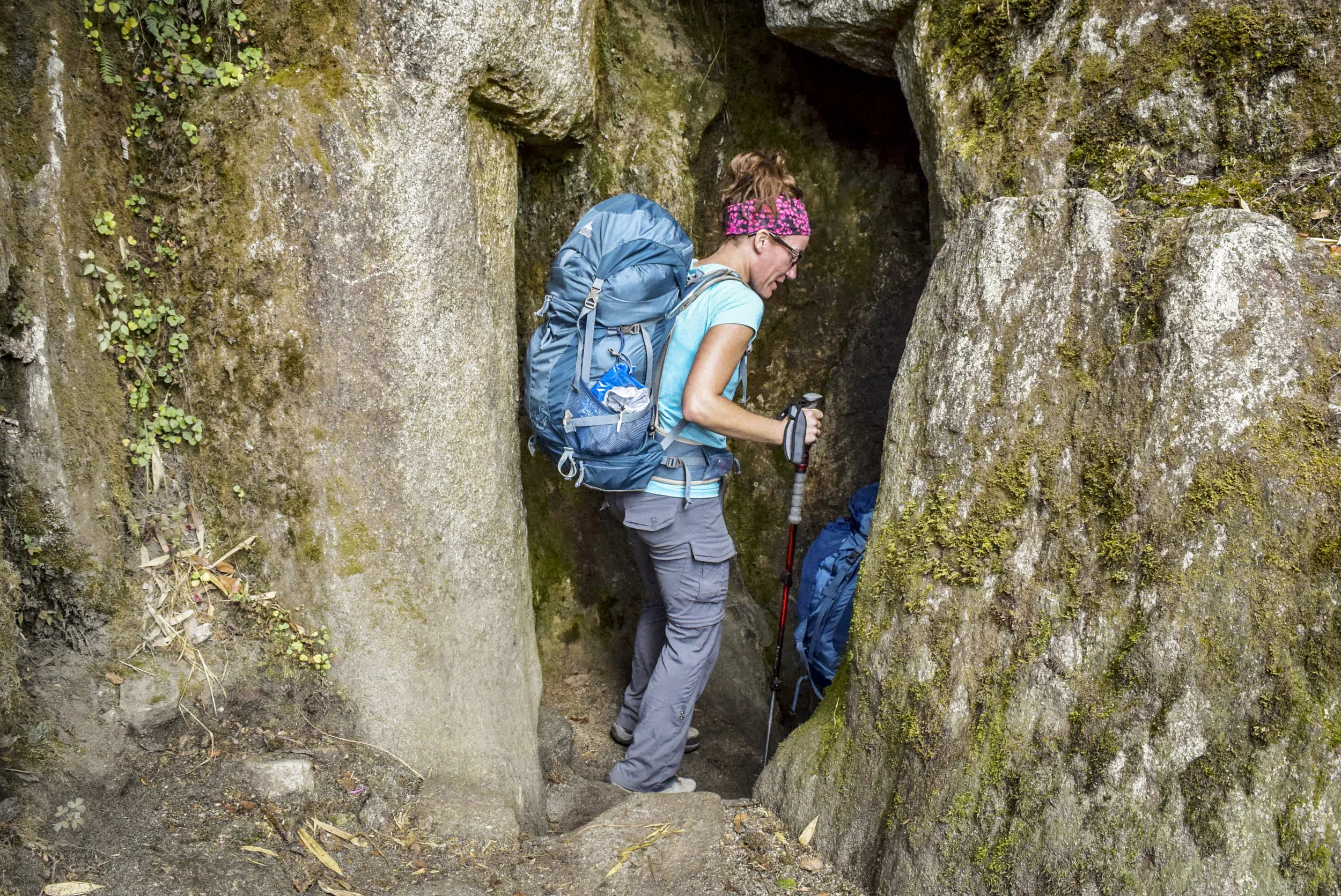5 Gear Items Essential for Hiking
/Besides the foundation of boots and socks, there are a few items that will help in hiking long distances. Gear makes a difference in comfort and sustaining the body during multiple mile hikes. Within each category, there are a myriad of options, which helps in finding the best individual fit.
1. Backpack
From rain gear to water, things must be carried in a sack of some sort hanging from the shoulders. Making sure it fits properly is going to keep the shoulders happy and the back from feeling like a poorly loaded mule. Spend an hour in the local REI store with a loaded backpack to make sure if feels comfortable and is the right size according to torso length.
2. Water Bladder
Hydration! Getting water flowing through the body will keep the legs moving and the muscles from cramping. Water bottles are great for electrolyte mixes, but try reaching them while hiking and it requires extending the shoulder in a contortionist move. Quick access to water is necessary for frequent sips to ensure water is coursing through the system. A water bladder with a hose secured to the sternum strap provides water within arms reach and holds enough for a day's hike.
3. Poles
Hiking poles help to create a rhythm to walking. Not only do they steady the feet on uneven terrain, but also ease the knees on downhills. A guide to choosing poles can be found here.
4. Jacket
Weather can change in an instant, having a jacket that is ready for duty when the temperatures drop, is beyond important. There are great advances in the jacket world, so many options for lightweight, compressible jackets. A good down filled jacket provides great warmth without taking up much room in the backpack.
5. Sleeping Bag
A night's sleeping should not be hindered by a cold night on the floor of a tent. There is a great debate for both sides of the down and synthetic sleeping bag choice. Bottom line, both options provide warmth, comfort, and compressibility. For most, the choice comes down to price. Down compresses to a smaller size and tends to offer greater warmth based on fill levels, however down comes at a higher price than synthetic. Synthetic sleeping bags offer warmth at an affordable price, plus when wet a synthetic bag is still usable (a down bag is useless when wet).





